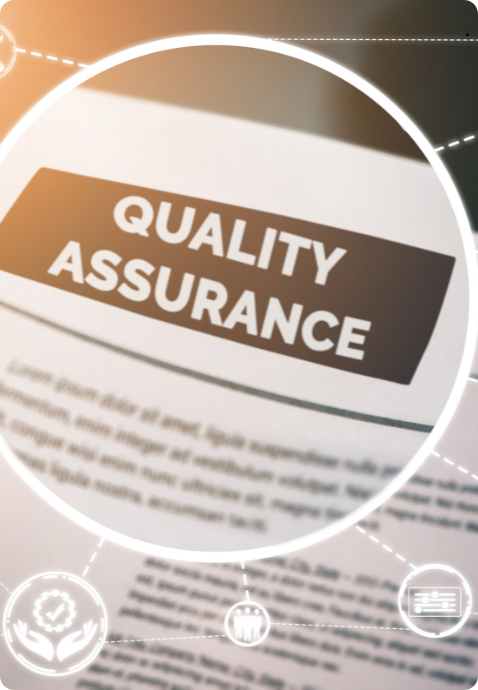
Quality Control Analytical
The Quality Control Analytical course in pharmaceuticals is designed to provide students with the skills and knowledge necessary to ensure product quality, safety, and compliance with regulatory standards. This course focuses on analytical techniques such as chromatography(HPLC, GC), spectroscopy (UV-Vis, IR), titration, and dissolution testing, which are essential for evaluating the identity, purity, potency, and stability of pharmaceutical products.Students will learn the principles of Good Laboratory Practices (GLP) and regulatory requirements set by organizations such as the FDA, ICH, and USP. The program emphasizes method development, validation, and troubleshooting analytical procedures, as well as accurate documentation and data integrity.With hands-on training and case studies, participants will develop critical problem-solving skills and an understanding of quality control systems in pharmaceutical manufacturing. This course prepares students to excel in analytical roles, ensuring consistent product quality and compliance with global industry standards.
Course Benefits
Quality Control Microbiology
The Quality Control Microbiology course is designed to equip students with the knowledge and skills required to ensure pharmaceutical products meet microbial safety and quality standards.This comprehensive program covers key microbiological concepts and techniques, including sterility testing, microbial limits testing, endotoxin detection, and bioburden analysis.Emphasis is placed on aseptic techniques, contamination control, and Good Manufacturing Practices(GMP) to meet regulatory requirements such as those from the FDA, USP, and EU guidelines.Students will gain hands-on experience in microbiological testing procedures, learn to interpret results, and understand the significance of environmental monitoring in sterile and non-sterile manufacturing facilities. The course also delves into the validation of microbiological methods,root cause analysis, and corrective actions for microbial contamination issues.This training prepares participants to contribute effectively to pharmaceutical quality control teams, ensuring product safety, regulatory compliance, and the protection of public health.
Course Benefits


Quality Assurance
Quality Assurance (QA) training in pharmaceuticals equips professionals with the knowledge and skills to ensure that pharmaceutical products meet regulatory standards and quality requirements. This training focuses on key principles of Good Manufacturing Practices (GMP), Good Laboratory Practices (GLP), and international guidelines such as those from the FDA, WHO, and ICH. Participants learn essential concepts like validation, documentation, risk management, and deviation handling, along with tools for conducting internal audits and quality checks. The training also emphasizes the importance of process monitoring, change control, and continuous improvement to maintain product consistency and safety. By gaining a deep understanding of regulatory compliance and quality systems, trainees are prepared to identify and mitigate potential risks at every stage of production. QA training plays a critical role in building a culture of quality within the pharmaceutical industry, ensuring product efficacy, patient safety, and compliance with stringent global standards.
